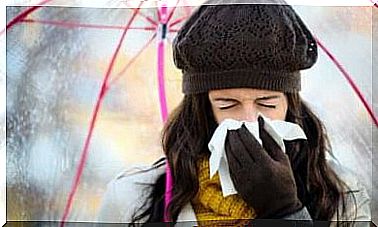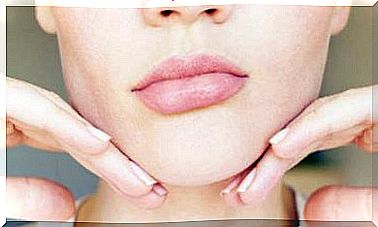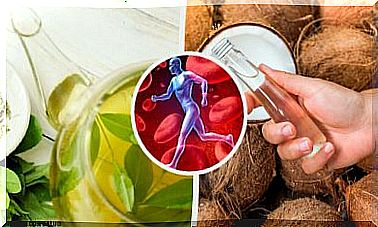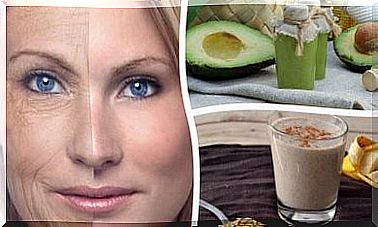The Benefits Of Coffee For Breakfast
Are you one of those people who can’t start the day without a good cup of coffee? Besides waking us up and giving us energy, coffee can help us relieve headaches.

Are you one of those people who can’t start their day without a cup of coffee? The good news is, it’s very healthy, especially when you know how to combine it with the right foods.
Coffee is indeed the second most consumed drink in the world after water.
We are therefore going to explain to you all that it can bring to your breakfast!
What can coffee do for you for breakfast?
Many people leave their homes in the morning with just a cup of coffee. This habit, however, is very bad for your health.
Indeed, you go out without having the necessary nutrients to face the day and you therefore imbalance your nutrition.
Breakfast is one of the most important times for your body. So, if you skip it, and you come to lunch very hungry, it can make you fat in the long run.
The ideal is then to take each meal of the day, and to ingest each time the right quantities of food. Without however ever neglecting the importance of breakfast.
We are now going to explain the benefits of coffee when you take it during the first hours of the day.
1. It wakes us up, it improves our concentration and our memory

There is nothing better to activate our body in the morning. It is the ideal booster during the first hours of the day, able to wake us up by providing us with the ideal dose of caffeine.
Coffee also has the ability to eliminate headaches in many people. But sometimes it can trigger them. It’s up to you to know when to take it to get the most benefit from it.
Coffee is a good central nervous system stimulant, so you have to be careful about how much you are going to drink. Never drink more than two small cups a day.
When we talk about small cups, we are not talking about glasses, we are talking about coffee cups that contain the right dose of this brew.
2. It gives us a lot of antioxidants
Coffee is a drink rich in antioxidants. It strengthens our cells and protects them from free radicals. Drinking it in the morning is therefore a worthwhile medicinal gesture.
Green coffee is the richest coffee in antioxidants and it helps us burn fat.
3. It protects our intestinal flora
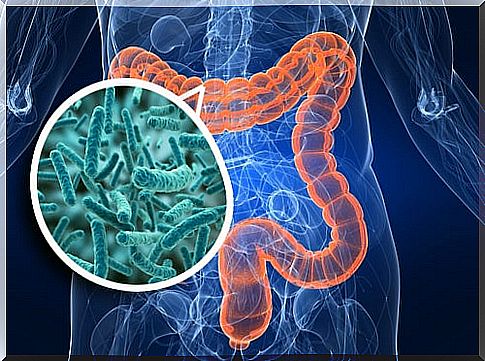
A cup of coffee acts as a good prebiotic capable of taking care of our intestinal flora. This protective effect regulates our functions in a very healthy way, protecting us against many different diseases.
4. Coffee is digestive
You might not know it, but coffee stimulates your stomach juices, which in turn improves the breakdown of food and therefore the amount of nutrients you get out of it.
It is therefore recommended to drink it at least twice a day, in this way you improve the work of your stomach, your intestines and your entire digestive system.
5. It protects our liver
There are many studies done on the effects of coffee on our liver health. And the results are always very clear.
It takes care of the cells of our liver, helping to prevent diseases such as cirrhosis or fatty liver. But do not forget that it should not be abused, and consume two to three cups maximum per day.
6. Pair coffee well with other breakfast foods
The continental breakfast is, according to some popular belief, the healthiest breakfast. As you know, it consists of coffee, orange juice and toast with butter. However, experts contradict these ideas.
Combining coffee with orange juice results in an overly acidic breakfast. And if, in addition, the orange juice in question is that of the supermarket, you will not benefit from a good intake of vitamin C or antioxidants.
The healthiest juice is natural, freshly squeezed.
What are the best foods to go with coffee? Lemon juice mixed with lukewarm water is ideal to start your day. One hour later, you can have your breakfast normally.
Do not eat toast with butter, as they are too fatty and are made from refined flours which make your meal unhealthy.
The ideal is to combine coffee with, for example, a little oats, vegetable milk, nuts and a piece of fruit (a pear or an apple for example).
The fruit should always be fresh. Do not eat jams, which contain too much sugar and are therefore unhealthy.
If you want to combine your coffee with a sandwich, for example, opt for wholemeal oatmeal bread. You can add a little turkey breast and a piece of avocado.
You will see how good this breakfast is, and all the benefits it will bring you until lunch.
Remember, coffee is good for your breakfast. But it should not be overused throughout the day.

